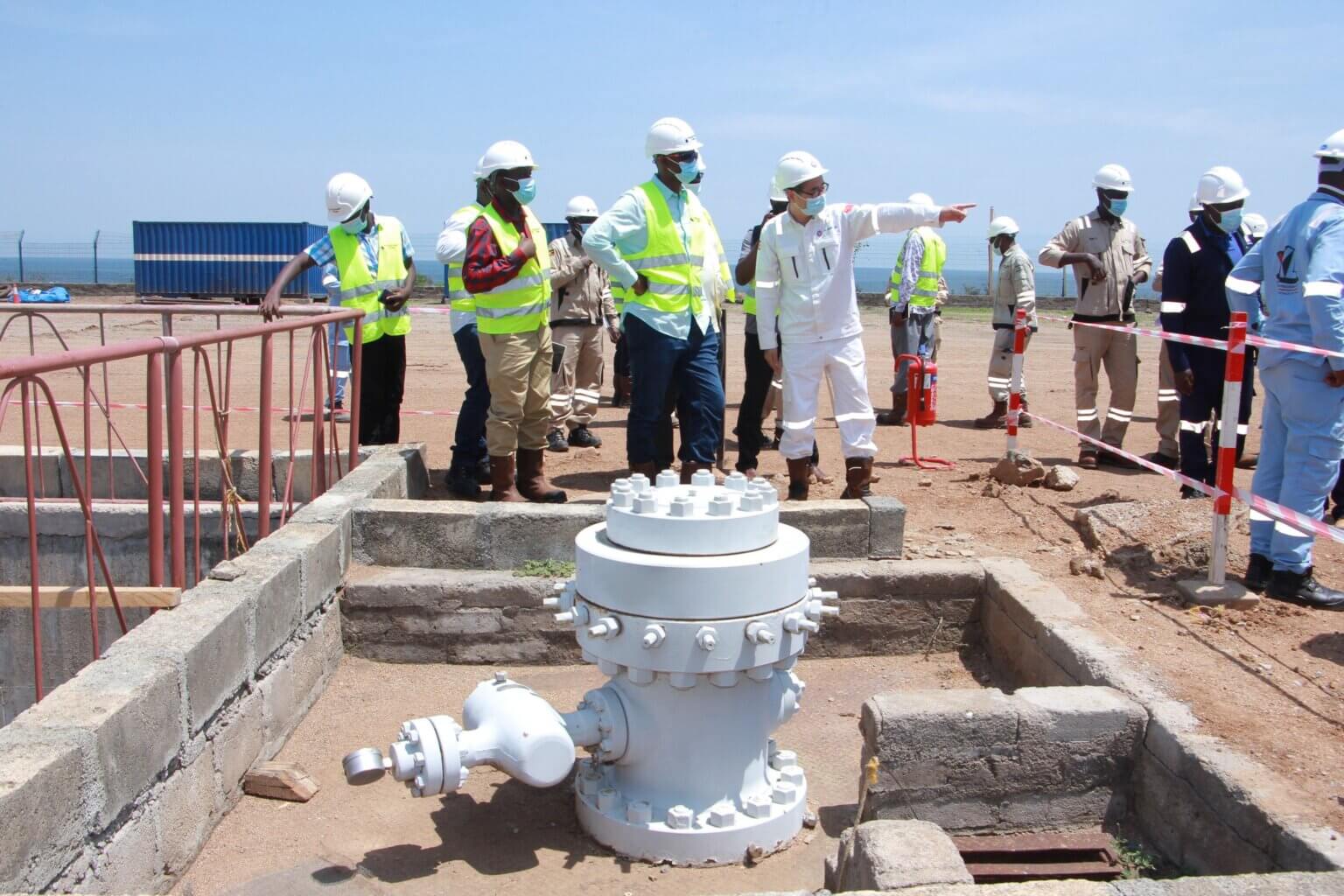Uganda’s state-owned oil company, the Uganda National Oil Company (UNOC), has announced the identification of nine potential oil wells in the Kasuruban exploration block, describing the deposits as “significant” in size. Preliminary estimates indicate that the finds could yield as much as 600 million barrels of recoverable crude, a development that would substantially bolster Uganda’s current 1.65 billion barrels of proven reserves and deepen the strategic importance of the Albertine Rift Basin for the country’s energy ambitions.

The Kasuruban block, spanning 1,285 square kilometres in the Butiaba area, was acquired by UNOC in 2023 under a production-sharing agreement with the Ugandan government. It sits alongside existing operations in the region where TotalEnergies and China National Offshore Oil Corporation (CNOOC) are already advancing two development fields, Tilenga and Kingfisher, slated to begin commercial production in the second half of 2025. Peak output from these projects is expected to reach around 200,000 barrels per day, positioning Uganda as a growing player in the East African oil market.
UNOC’s announcement, shared via its social media channels, underlines the potential economic and industrial implications of the new discoveries. If the preliminary estimates are confirmed through detailed geophysical and drilling studies, the nine wells could expand Uganda’s recoverable crude by more than a third, enhancing the country’s capacity to meet domestic energy demand and generate export revenue. Analysts note that this could also provide a platform for further industrialisation in the region, including infrastructure development, local supply chains, and job creation in both upstream and downstream activities.
The Albertine Rift Basin has long been regarded as Uganda’s energy frontier, with its combination of technical promise and complex social-environmental considerations. Communities along Lake Albert, as well as districts such as Buliisa, Hoima, and Masindi, have already experienced the impacts of exploration activities, including seismic surveys, road construction, and land access negotiations. Ensuring that new exploration is paired with robust environmental safeguards, community engagement, and transparent revenue management remains critical to avoiding conflicts and preserving ecosystems.
Read also: Morocco champions Africa-Centric ESG standards to unlock sustainable mining investment
Across Africa, the expansion of oil exploration continues to raise questions about balancing economic growth with sustainable development and climate obligations. Nations such as Kenya, Namibia, and offshore West African producers face similar dynamics, navigating the tension between tapping valuable hydrocarbon resources and meeting international commitments on emissions and renewable energy transition.
For Uganda, the discovery in Kasuruban offers an opportunity but also a challenge. The country must integrate new petroleum prospects into broader national energy and industrial strategies that include cleaner energy adoption, grid expansion, and climate resilience measures. The pace at which the nine potential wells move from geological promise to commercially viable production will be closely watched by investors, policymakers, and local communities alike.
UNOC’s latest disclosure reinforces the Albertine Rift’s status as a central piece of Uganda’s energy future, signaling that exploration and investment in the basin remain active and promising. As further studies are undertaken to confirm recoverable volumes and commercial viability, Uganda positions itself to potentially reshape its domestic energy landscape while navigating the complex interplay between development, environmental stewardship, and social responsibility.
Engage with us on LinkedIn: Africa Sustainability Matters
Engage with us on LinkedIn: Africa Sustainability Matters




